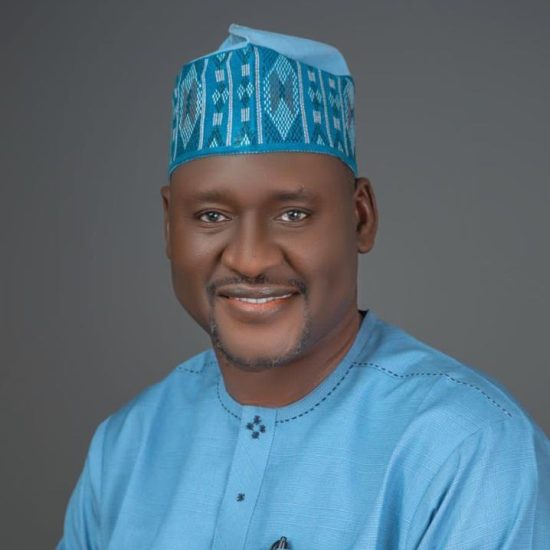….CISLAC mourns former speaker, Na’Abba
ASHENEWS reports that the Civil Society Legislative Advocacy Center (CISLAC) has mourned the death of Former Speaker of the House of Representatives, Ghali Umar Na’Abba.
The Executive Director of CISLAC and Head of Transparency International in Nigeria, Auwal Ibrahim Musa (Rafsanjani) stated this in a statement issued to journalists.
CISLAC, in the statement, recalled the deceased’s dogged struggles for legislative autonomy and firm positions to defend Nigeria’s nascent democracy during his tenure as Speaker from 1999 to 2003.
CISLAC said that the deceased’s valued contributions to Nigeria’s democracy were evident in three ways he mobilized other Members of the House for a united and non-compromised front that commanded respect from the executive arm.
“Just as we commend his selfless fights for legislative strengthening, sustainable democracy, and respect for the sanity and sanctity of the rule of law while serving as the Speaker of the House.
“We found as worthy of emulation, Na’Abba’s purposeful leadership and well-intended efforts that secured the legislature from executive control, political interference, suppression of power and power-corrupt politicians, while protecting our emerging democracy from a major setback, executive dominance, and other spirited tendencies to ride roughshod over the National Assembly.
“We recall that the current 13% derivation fund from the federation revenue to oil-producing communities in Niger Delta came to the limelight under the leadership of Na’Abba as Speaker of the House. Through this move, he demonstrated sincere concern for social justice and equity in Nigeria.
“Civil Society Groups in Nigeria worked collaboratively with the National Assembly to support legislative transparency, capacity strengthening, and constituency accountability. There were regular consultations that helped legislative focus.
“We are hopeful that Ghali Na’Abba’s democratic spirit and leadership principles will be emulated by the current leadership of the National Assembly and States Houses of Assembly and even future legislators in Nigeria.”


